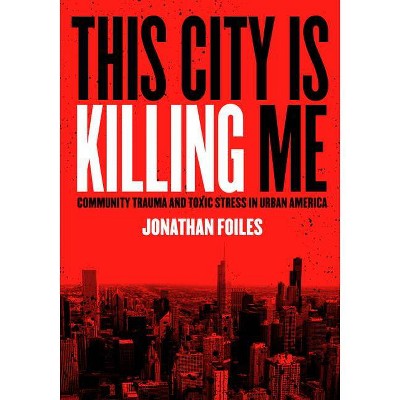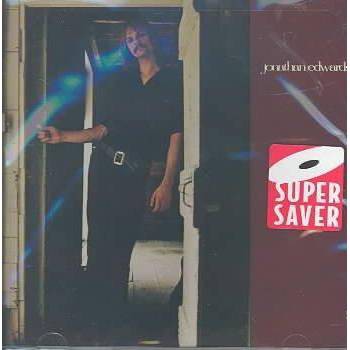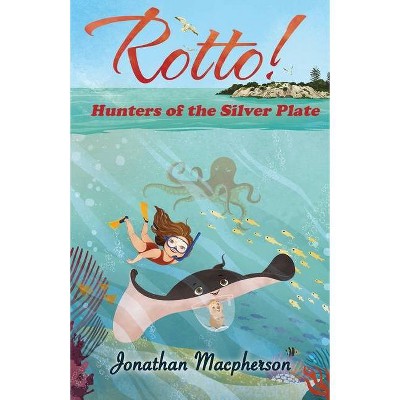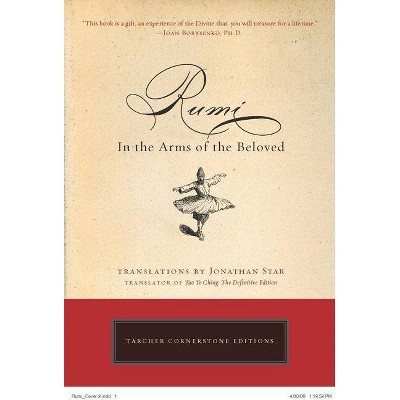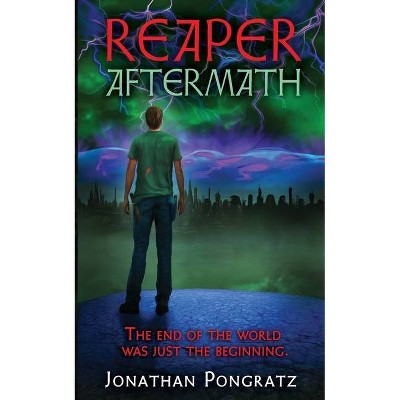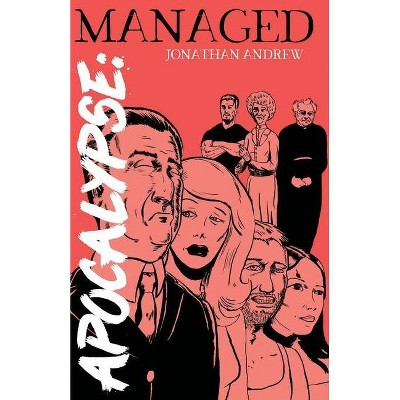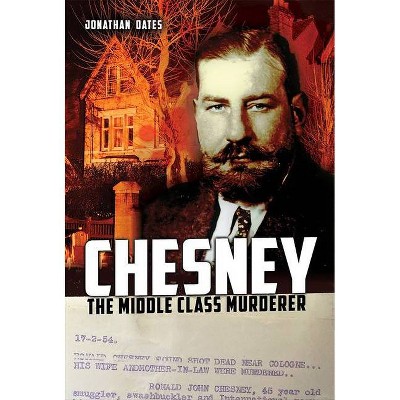(Mis)Diagnosed - by Jonathan Foiles (Paperback)
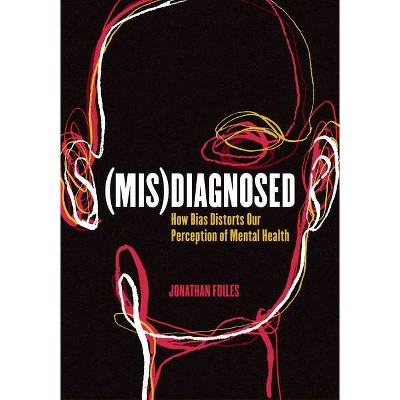
Similar Products
Products of same category from the store
AllProduct info
<p/><br></br><p><b> About the Book </b></p></br></br>Jonathan Foiles, author of the acclaimed <em>This City Is Killing Me</em>, argues that class, race, and gender bias still influence mental health diagnoses.<p/><br></br><p><b> Book Synopsis </b></p></br></br><p><b>"A passionate and well-informed study on the importance of improving inclusiveness in mental health evaluations."―<i>Kirkus Reviews</i></b></p><p>In a clear, empathetic style, Jonathan Foiles, author of the critically acclaimed <i>This City Is Killing Me</i>, takes us through troubling examples of bias in mental health work. Placing them in context of past blunders in the history of psychiatry and the DSM, he looks closely at questions that lay bare the intersections between mental health care, race, gender, and sexuality: </p><p>- Why are women more likely to be labeled borderline personalities?</p><p>- Is transphobia being treated today like homosexuality was in the past?</p><p>- Has "protest psychosis," a term used to diagnose Black men during the civil rights era, simply been renamed schizoaffective disorder?</p><p>- How different is our current label of "intellectual disability" from the history of eugenics?</p><p>- What does it actually mean to be diagnosed with a "mental illness"?</p><p>This slim but wide-ranging collection of essays wrestles with these questions and offers potential ways forward in a world where mental health diagnoses can be helpful, but not necessarily absolute. </p><p>A pragmatic and sympathetic guide to how we might craft a better and more just therapeutic future for all people.</p><p/><br></br><p><b> Review Quotes </b></p></br></br><br>The fascinating history of an industry once preoccupied with the condemnation of witchcraft, supposed female hysteria, and homosexuality ... A passionate and well-informed study on the importance of improving inclusiveness in mental health evaluations.--<em>Kirkus Reviews</em><br><br><b>Praise for <em>This City Is Killing Me</em></b>: <br> Offers an empathetic look at how the pressures of surviving in an urban environment--including unemployment, poverty and violence--make finding help even more difficult and shares a call to action to help heal our communities. --Chicago Public Library <br> An urgent call for reform worthy of serious consideration. --<i>Kirkus Reviews</i> <br> [S]eeks to highlight how larger traumas within a community--things like unemployment, poverty, lack of affordable housing, violence--as well as historical factors (Jim Crow laws, redlining, displacement) can have a toxic impact that makes it harder for people within those neighborhoods to thrive. --Marissa De La Cerda, <i>Chicago Reader</i><br><p/><br></br><p><b> About the Author </b></p></br></br>Jonathan Foiles is a lecturer at the University of Chicago Crown Family School of Social Work, Policy, and Practice. He is the author of <em>This City Is Killing Me: Community Trauma and Toxic Stress in Urban America</em>.
Price History
Price Archive shows prices from various stores, lets you see history and find the cheapest. There is no actual sale on the website. For all support, inquiry and suggestion messagescommunication@pricearchive.us
